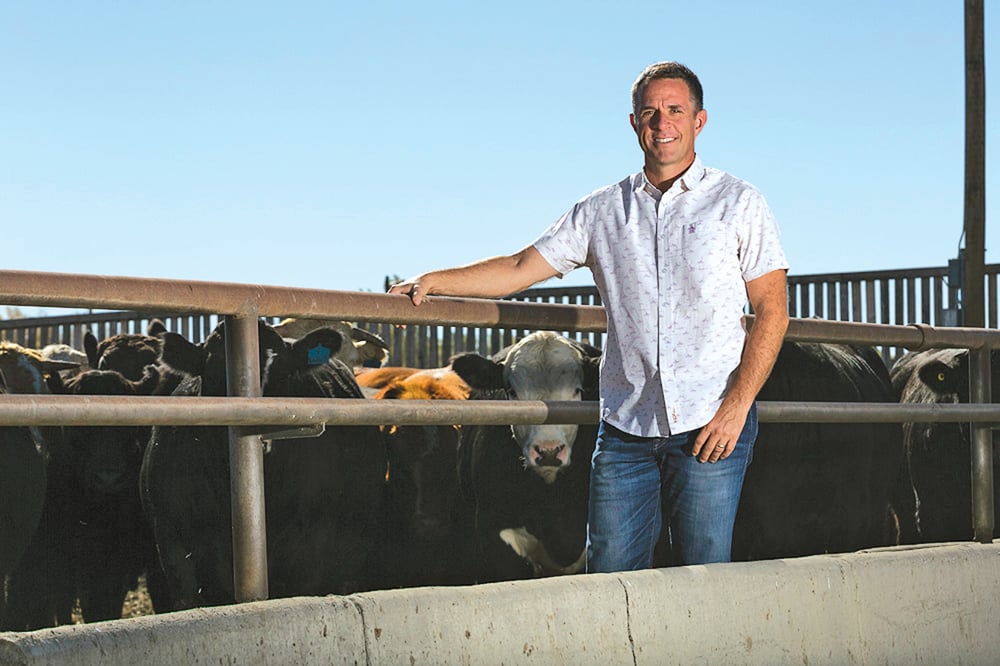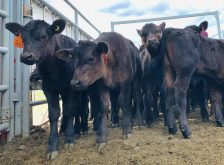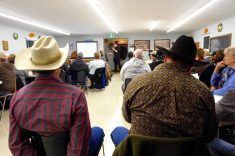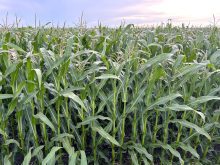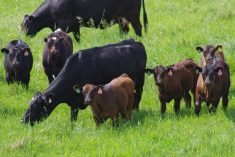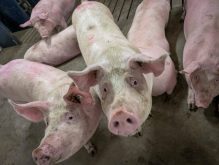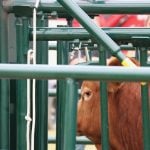It’s not finalized yet, but the organizations representing cattle producers and feeders say they’re close to creating a fund to advance the province’s beef sector — and ending a nearly decade-long checkoff.

“The Alberta Beef Industry Development Fund is a concept that would be able to be implemented with a non-refundable service charge,” said Rich Smith, executive director of Alberta Beef Producers (ABP).
The money for the development fund would come from a portion of a non-refundable $3 checkoff. Currently, the $2 provincial part of that checkoff is refundable and a big portion of that money — $2.5 million in 2016 — has gone to refunds, mostly to cattle feeders.
“We’re losing about 35 per cent right now, which works out to about 70 cents a head,” said Smith. “Our idea would be that a significant part of that 70 cents would be allocated to that fund, and another part of that money would be allocated to the Alberta Cattle Feeders.”
Read Also
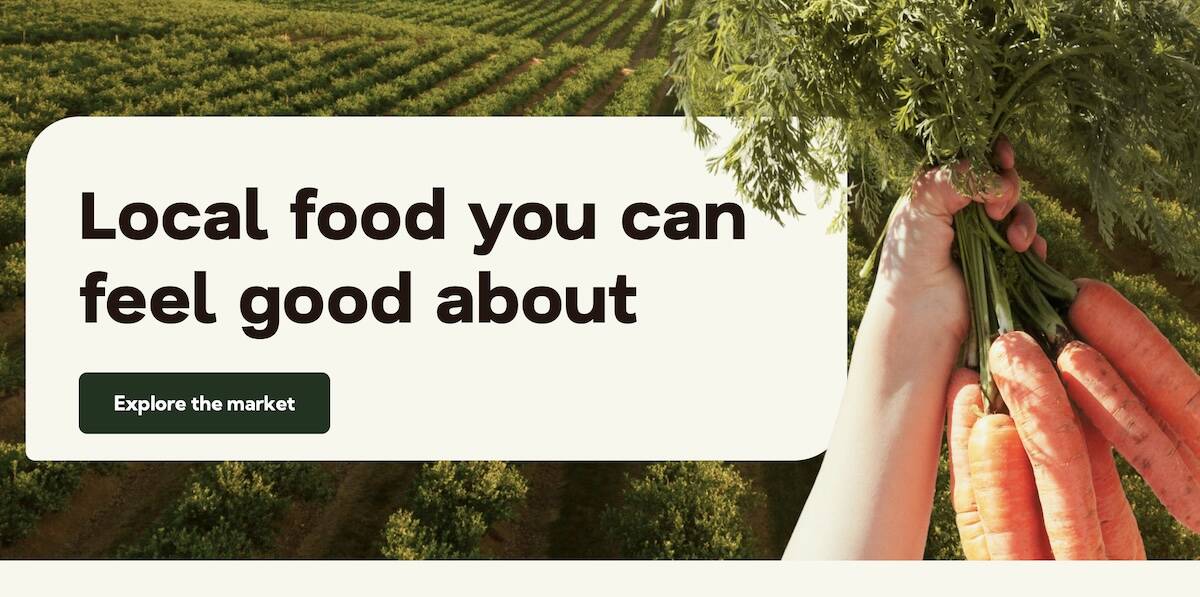
Taking the farmers’ market online
Two Albertans, who have a cow-calf operation near McRae, had the idea to create Arvo, an online farmers’ market, after being unable to find beef from within their own community.
If producers didn’t want the money to go to the cattle feeders’ association, they could direct it to the Beef Industry Development Fund, which would be used for marketing, education, research and industry collaboration, said Smith. Other beef groups could apply to the fund as well.
The money would be allocated through a council with representation from ABP, the cattle feeders’ association, and the Western Stock Growers’ Association.
“We obviously need more work on the final terms of reference and how it would look,” said Smith.
The Alberta government made the provincial checkoff refundable in 2009, and ABP has been lobbying the province to reverse that decision ever since. That effort finally produced a partial result in April when legislation allowing non-refundable checkoffs was passed. But it requires a plebiscite, and Agriculture and Forestry Minister Oneil Carlier wants to see “a fair bit of alignment in the industry before he has a plebiscite,” said Smith.
“I suspect the government wouldn’t even conduct a plebiscite if it thought it was going to be a problem,” he said.
The cattle feeders’ association has concerns because making the checkoff non-refundable could have an impact on the revenue it’s currently receiving from its members, he added.
“They would be looking for some allocation of money from a non-refundable service charge to them, to maintain their operations,” Smith said. “We believe we can justify allocating some funding from the service charge revenue to that organization.”
Creating a development fund was discussed at the fall producer meetings and the boards of both organizations back the concept. ABP plans to meet with the cattle feeders’ association at the end of the month to work out details of how the fund would operate.
“Once we’ve done that, I suspect that before they would join us in asking for a plebiscite, they might want to go to their members,” said Smith, adding details of any tentative agreement would be brought to his organization’s semi-annual meeting next month.
The two organizations have agreed on how a $2 non-refundable checkoff would be split.
“It would work out that 25 cents per head would be directed to the Alberta Cattle Feeders Association,” said Ryan Kasko, vice-chair of that group.
Another 40 cents would go into the industry development fund, which would work along the lines of the now-defunct Alberta Livestock and Meat Agency.
“We think that it’s nice — we’ve been striving for a long time to have a directed checkoff and this does allow people to have some choice,” said Kasko, who runs Kasko Cattle Company feedlots near Coaldale.
“We want to make sure that our industry and our organizations are funded to deal with all the issues that come up.
“The response has been quite positive and we’ve had little push-back to the idea. Both organizations are feeling really good and hoping we could make this a good solution.”


